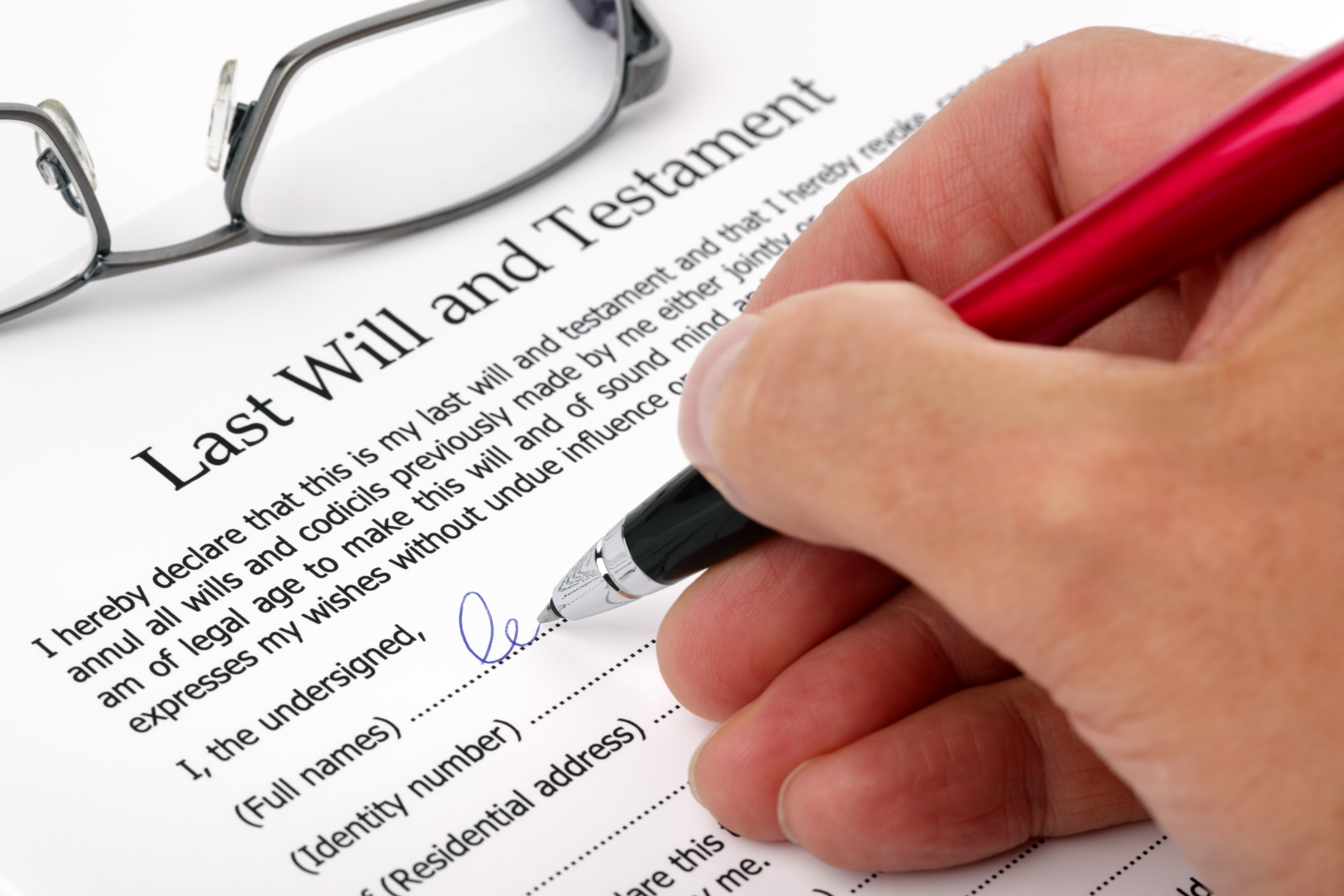Writing A Will, Why Do You Need A Will?

Why Do You Need A Will?
There are several reasons why you need a will:
Distribute Your Assets According to Your Wishes
A will allows you to specify how your assets will be distributed after your death. If you die without a will, the state will decide how to distribute your assets, which may not align with your wishes.
Appoint A Guardian for Your Children
If you have minor children, a will allows you to appoint a guardian to take care of them if you pass away. Without a will, the court will decide who will be your children's guardian, which may not align with your wishes.
Avoid Family Disputes
Writing a will can help avoid disputes among family members over who should receive your assets. When you write a will, you can specify who should receive what, which can help prevent disagreements among your loved ones.
Minimize Estate Taxes
A will can help minimize estate taxes by allowing you to specify how your assets will be distributed and by taking advantage of tax-saving strategies.
How to Write a Will
Writing a will can be a complex process, but it is essential to do it right. Here are the steps you need to follow when writing a will:
Step 1: Decide on Your Executor
Your executor is the person responsible for carrying out the provisions of your will. Choose someone you trust and who is responsible enough to handle this important task.
Step 2: List Your Assets
Make a list of all your assets, including real estate, bank accounts, investments, and personal property. Be sure to include all your debts as well.
Step 3: Decide on Your Beneficiaries
Decide who should inherit your assets after your death. Be specific about who should receive what.
Step 4: Draft Your Will
Write your will, making sure to include all the necessary provisions, such as naming your executor, specifying your beneficiaries, and outlining how your assets should be distributed.
Step 5: Sign Your Will
Sign your will in the presence of witnesses who are not beneficiaries under your will.
Step 6: Store Your Will
Store your will in a safe place where it can be easily accessed after your death. You may want to consider storing your will with an attorney or in a safe deposit box.
Advantages and Disadvantages of Writing a Will
Advantages:
- You can ensure that your assets are distributed according to your wishes.
- You can appoint a guardian for your children.
- You can minimize estate taxes.
- You can avoid disputes among family members over who should receive your assets.
Disadvantages:
- Writing a will can be a complex process.
- You may need to hire an attorney to help you draft your will.
- There may be tax implications associated with writing a will.
- You may need to update your will periodically to reflect changes in your life circumstances.
FAQs
Q: Do I need a lawyer to write a will?
A: While you don't need a lawyer to write a will, it is recommended that you seek legal advice to ensure that your will is legally valid and enforceable.
Q: Can I change my will after I write it?
A: Yes, you can change your will at any time. You should review your will periodically to ensure that it still reflects your wishes.
Q: What happens if I die without a will?
A: If you die without a will, your assets will be distributed according to the laws of intestacy in your state, which may not align with your wishes.
Q: How often should I update my will?
A: You should update your will whenever there is a significant change in your life circumstances, such as getting married or divorced, having a child, or acquiring new assets.
